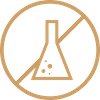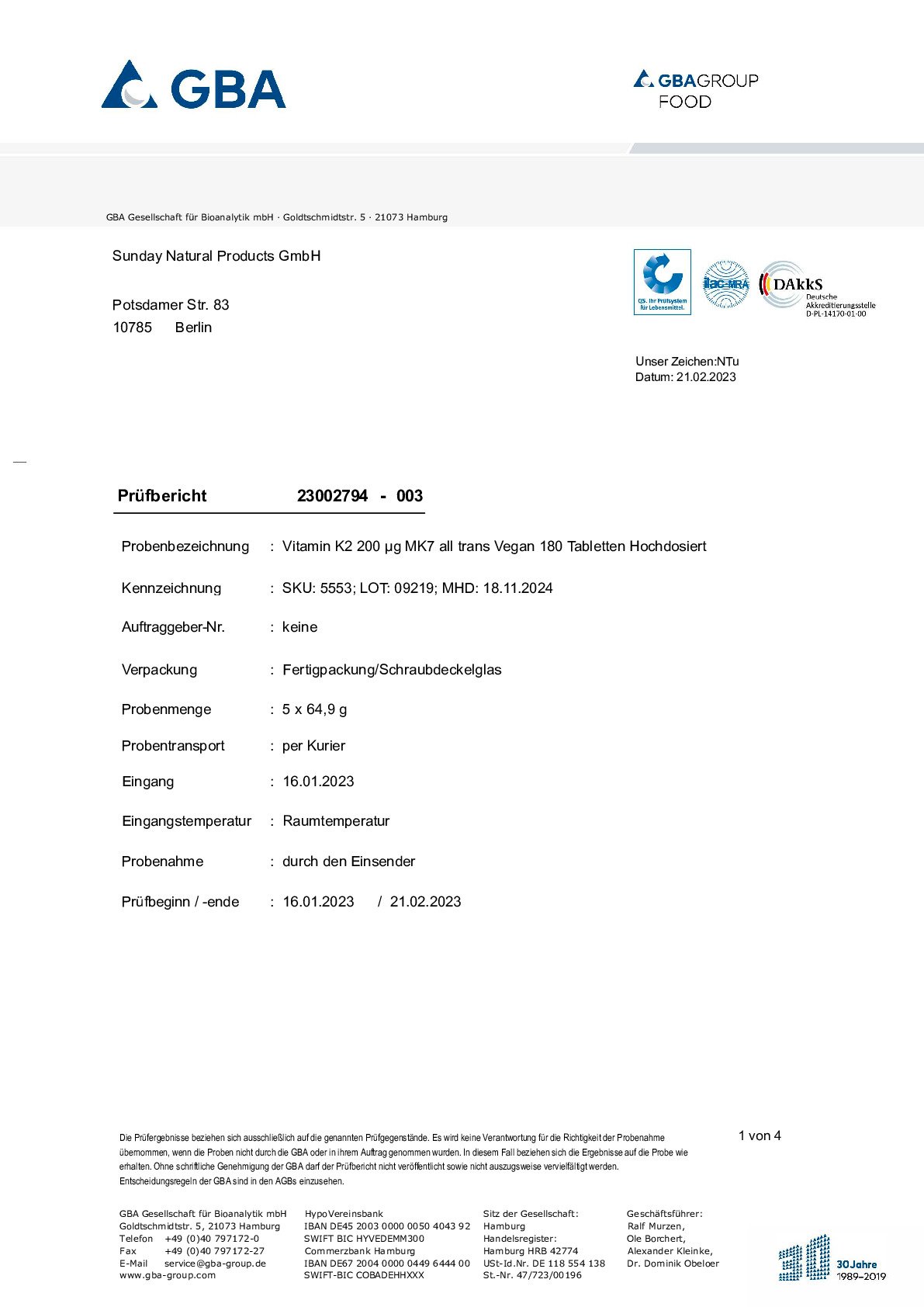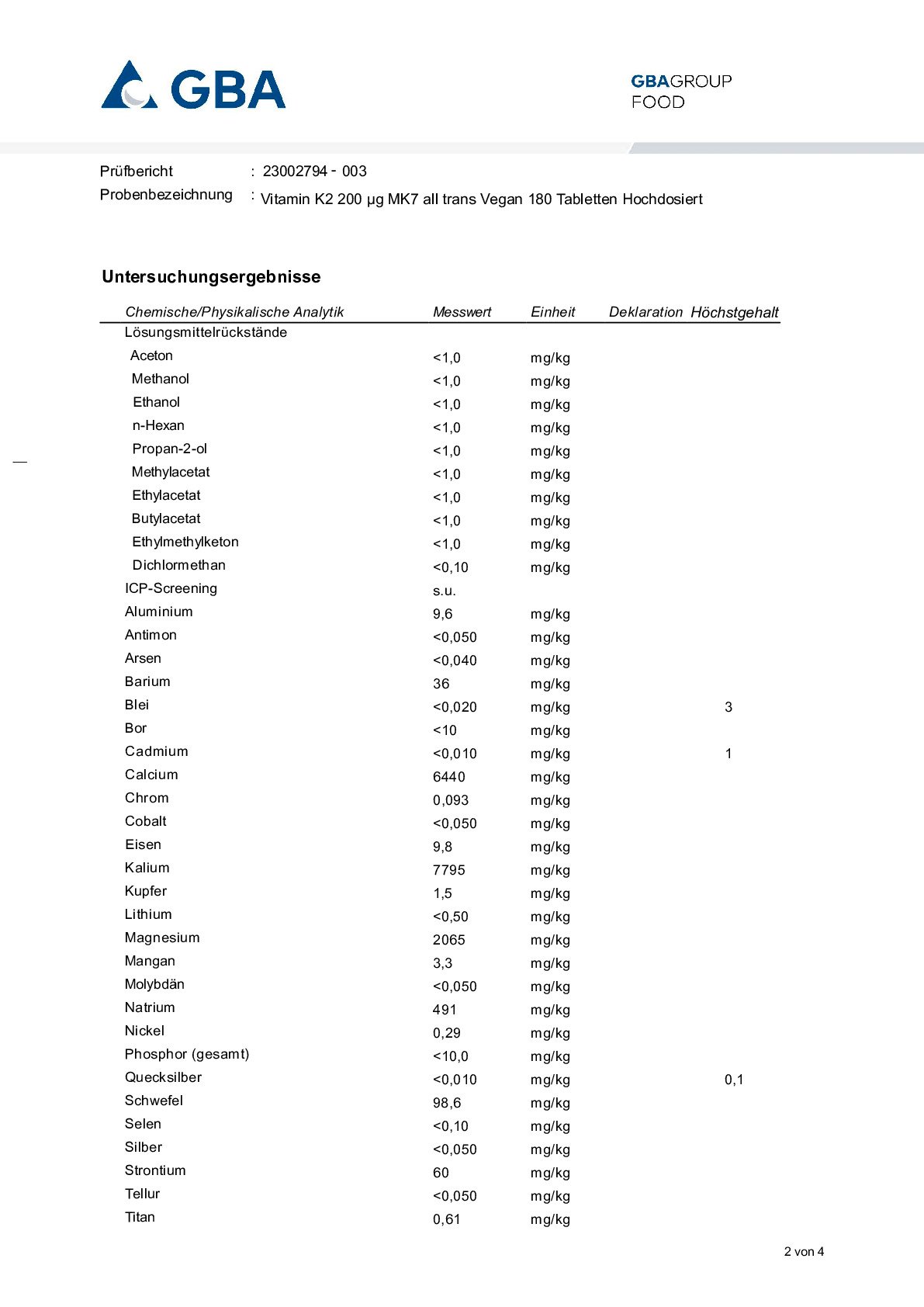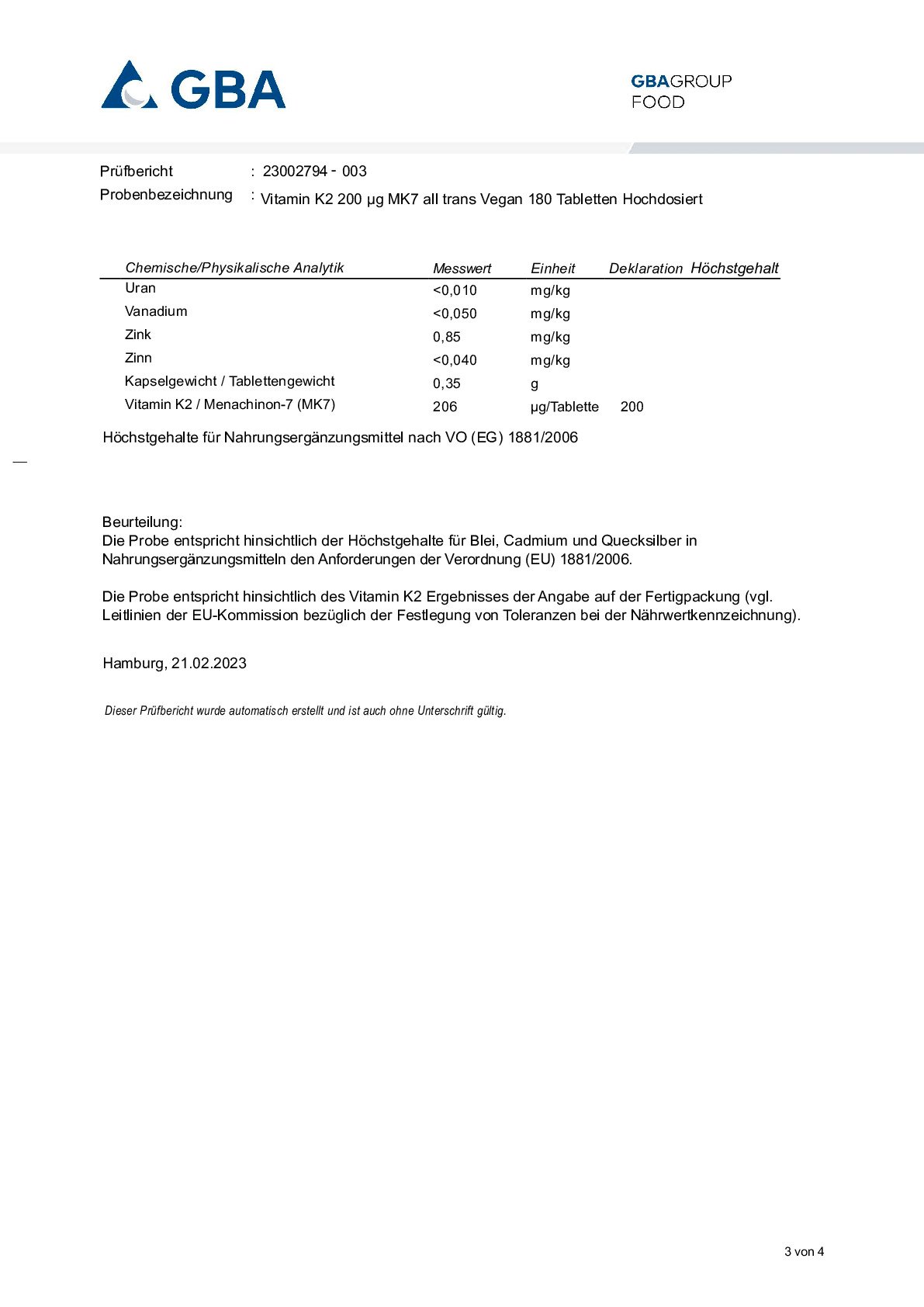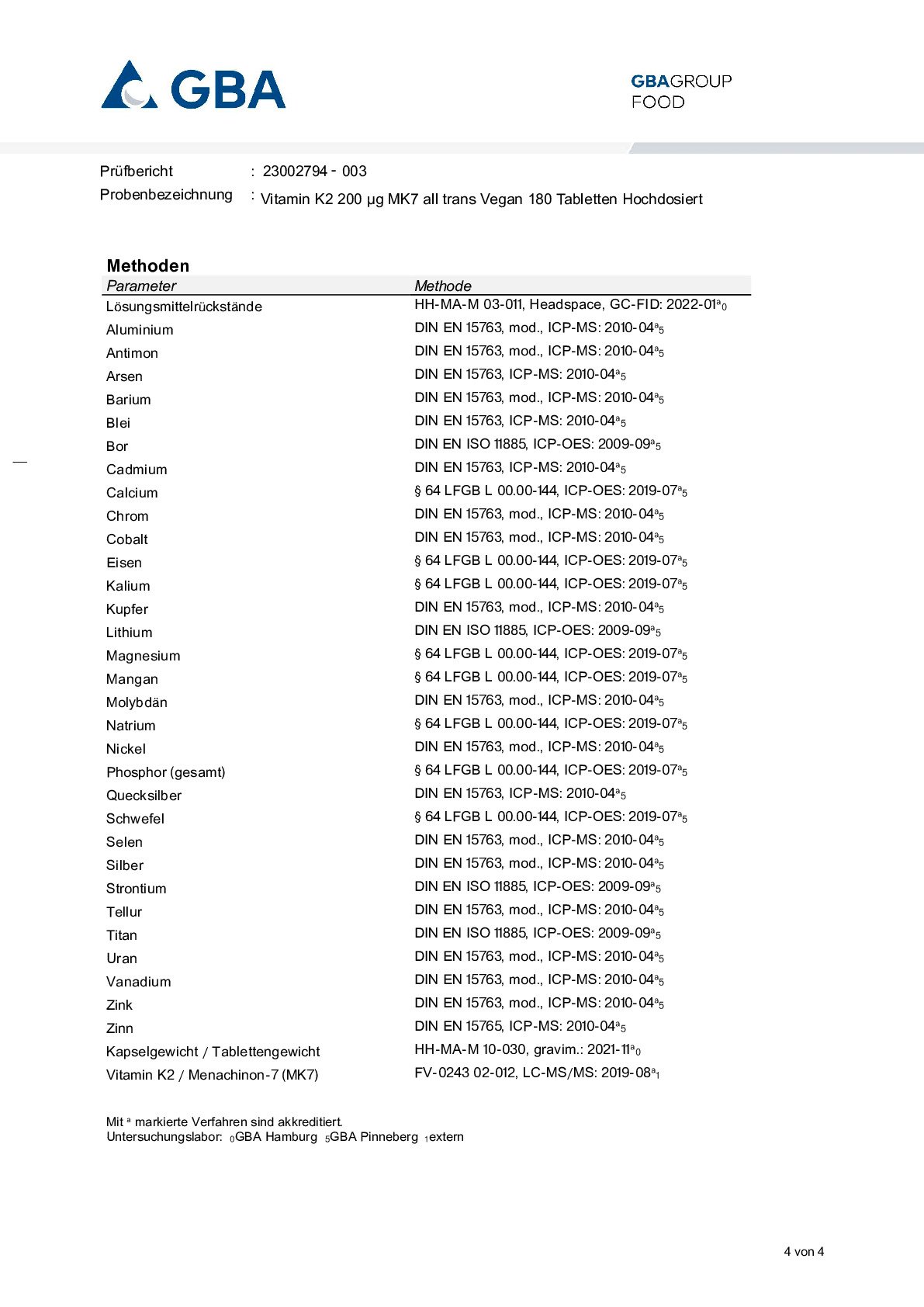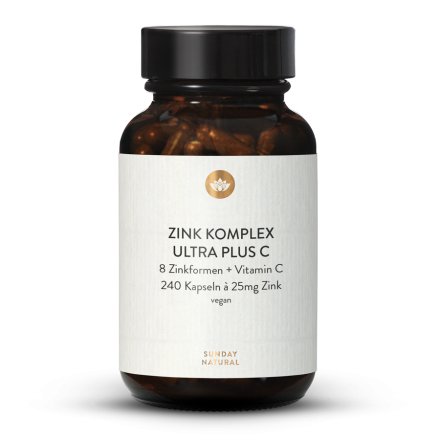Vitamin K
Vitamin K exists as vitamin K1 (phylloquinone) and vitamin K2 (menaquinone). Phylloquinone is mainly found in plants, while the more active menaquinone is produced by gut bacteria and is also found in fermented foods such as sauerkraut and the Japanese fermented soybean dish nattō.
Vitamin K2
Vitamin K2 activates a whole series of special proteins which play a role in important metabolic processes, such as calcium transportation and utilisation; blood clotting; cell division, differentiation and migration; and important repair processes in various vessels and organs.
Most organisations do not consider vitamin K1 and K2 separately and, as such, there is not extensive information available on the benefits of vitamin K2 specifically. As such, our statements about vitamin K2 are based on the assumption that K1 and K2 function similarly.
According to the European Food Safety Authority (EFSA), vitamin K contributes to:
- Normal blood clotting
- The maintenance of normal bones
Vitamin K2 MK-7: All-Trans from Norway
Vitamin K2 exists in different forms, each of which has a different level of efficacy. Vitamin K2 MK-7 is today considered by far the most effective form of K2. Since vitamin molecules take different chemical forms (the so-called cis-trans isomers of vitamin K2), there are enormous differences even between different vitamin K2 MK-7 active substances. It is believed that only the trans forms can be utilised by the body.
Original K2VITAL® vitamin K2 from Norway is one of the few commercial supplements that consists of 100% highly effective all-trans MK-7, guaranteed by Norwegian laboratory testing.
Vitamin D and Vitamin K2
Vitamin D and vitamin K2 are cofactors in the regulation of calcium metabolism. Together, the two vitamins control the formation and breakdown of bone cells and important transport molecules that ensure the correct utilisation of calcium.




















